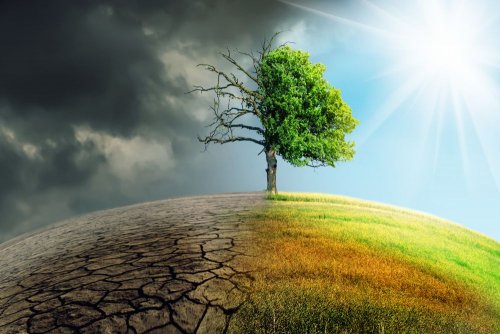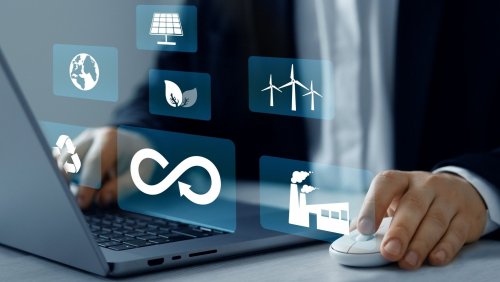On Wednesday, 22 June, the European Parliament supported the introduction of CBAM in a second ballot.
The decision was made 2 weeks after the vote and the return of the document to the Committee, reports ESG Ukraine in Telegram.
The article noted that the Committee put to a second vote a completely identical text, referring to certain agreements with colleagues in parliament from June 14.
The agreements will include the phasing out of free quotas in the sectors covered by the CBAM from 2027 to 2032.
CBAM will also cover hydrogen, polymers and organic chemicals, which are subject to technical scrutiny by the Commission. For other sectors, a timetable for inclusion in the CBAM will be established.
In addition, the export discount on EU goods, which will be subject to carbon prices, is taken into account. However, the Commission should assess the compatibility of this measure with the requirements of the World Trade Organization (WTO) and, if necessary, make additional proposals.
The agreements also provide for a total reduction of CO2 emissions in the EU ETS by 63% by 2030.
We will remind, deputies of the European Parliament restored climate laws, establishing an interim agreement on ETS and CBAM, which will be submitted for a new vote in plenary.
As EcoPolitics reported earlier, the UK government will take into account the proposals of the environmental audit regarding internal CBAM.





